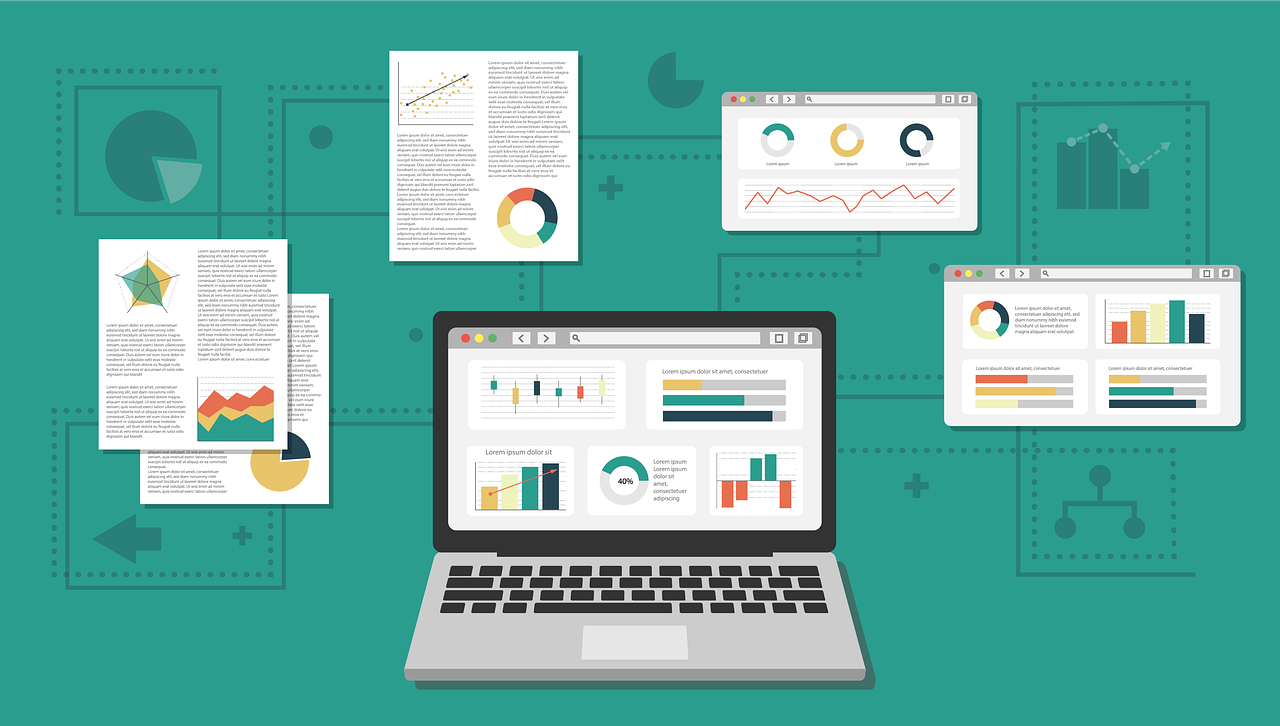ERP Software, or Enterprise Resource Planning Software, is the software application that a company uses to integrate all departments within a company so the entire organization is able to share the same set of information. Traditionally, this type of software is purchased or built by large organizations who are willing and able to spend millions of dollars to allow the business to run more efficiently. However, within the last 20 years, off-the-shelf ERP software has become available and affordable for small business as well.
Most of the global trade businesses that we come in contact are made up of the following departments, each with their own set of software and issues:
Sales: This department is usually in the field meeting with customers or on the phone. They are typically relying on a combination of email history with customers and emailed excel reports from the back office staff so they know what is available to sell.
Accounting: The accounting department usually takes data and record keeping most seriously and typically uses real database applications to track transactions. Sometimes these individuals will be so protective of the data and the integrity of the data that they will hoard it to themselves and not let other departments touch it for fear that they will screw it up (“keep the sales guys out of the system” is a phrase often heard coming from accounting department).
Logistics: The logistics department often struggles the most with the lack of a system that will help them do their jobs efficiently. They are often depending on data coming from outside sources like their freight forwarders and suppliers. In the best case scenario, this information is entered and tracked in a series of Excel spreadsheets that the logistics team will slice and dice and send out to the sales department, management, and even customers as needed. In other cases, the data is just kept in someone’s inbox and the entire company is calling and emailing the logistics department to find out where goods are and when they are arriving. In either case, the reliance on manual entries causes expensive mistakes and the lack of visibility results in poor decision making across the entire company.
Purchasing: The Purchasing Department also normally feels a lot of pain because of a lack of visibility and a lack of organized and useful information. To understand how much of any given product to purchase, this department will normally scrap together purchase history from the accounting software, forecast information from the sales department or directly from customers, and analysis of the manual inventory spreadsheet. This information then gets manipulated in yet another Excel spreadsheet and then they cross their fingers and write up a PO.
Management: There is no worse feeling than making important business decisions in the dark. Unfortunately for many global trade businesses, the management group is making important decisions based on instinct instead of comprehensive management level reports to help support their decision making. It is not unusual for management to rely on a combination of QuickBooks reports and series of spreadsheets. Each spreadsheet is their own slice of the picture, containing questionable data from being maintained manually.
The benefits of an ERP software for a global trade business are that it allows the entire organization to share the same information, and each department can stand on the shoulders of the other departments because they know that the information is up-to-date and accurate. Companies using ERP software designed specifically for global trade businesses, like VISCO, are also able to benefit by having software that is structured specifically to handle the unique challenges associated with international trade.





